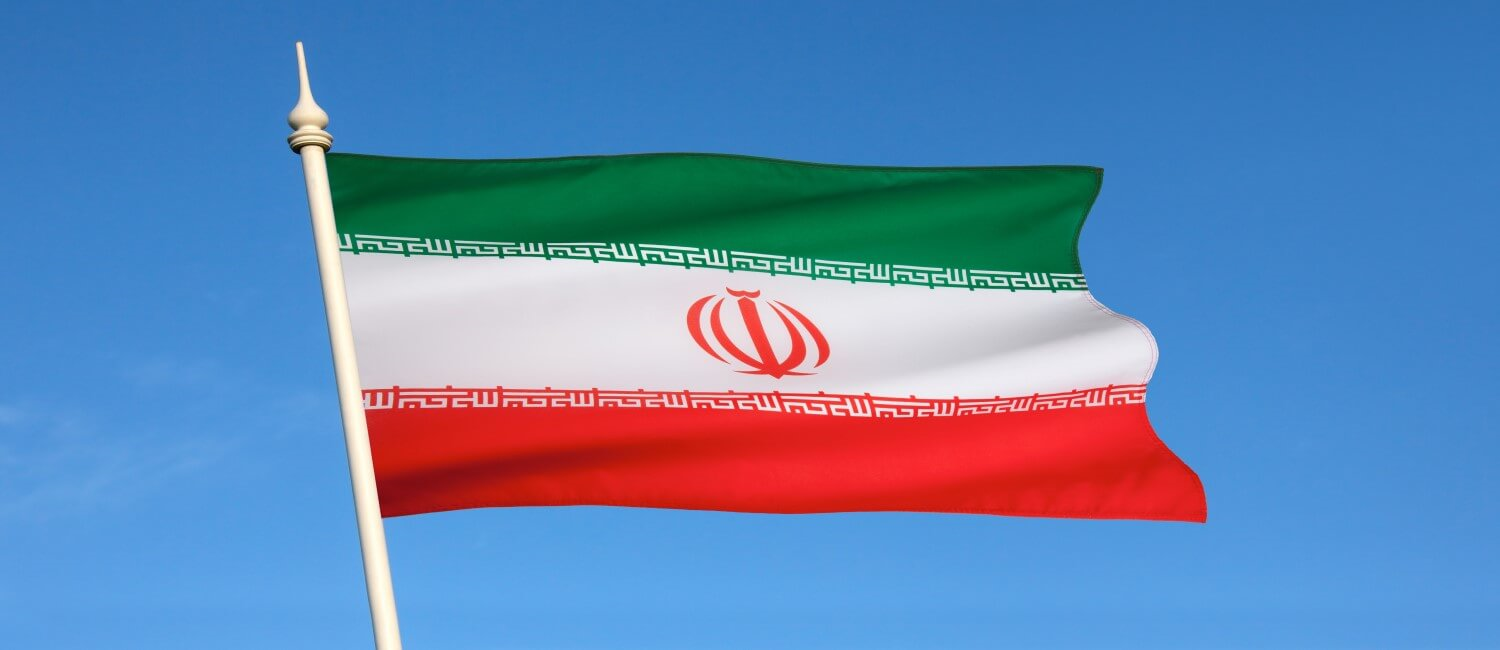Japan is considered a leading global economy, and the country has emerged as one of the Asian countriesʼ most diligent enforcers of anti-money laundering (AML) regulations. The country has a strong adherence to the Financial Action Task Force (FATF) recommendations and strict regulatory measures. Because of Japanʼs efforts, its AML frameworks have effectively detected, deterred, and prevented financial illicit activities. For companies that are operating in Japan or use the country as a part of their operation, understanding Japanʼs AML frameworks is important in order to stay compliant and ensure the businessʼs prosperity now and in the future.
Japanʼs AML Legal Framework
The base of Japanʼs AML and Countering the Financing of terrorism (CFT) measures is established with the combination of laws and regulatory measures. These laws work together and they create a strong and enhanced framework for identifying suspicious activity, ensuring compliance, and combined, they keep Japan in line with the Financial Action Task Force standards and recommendations.
What Are the Key AML Laws and Regulations?
This act performs a primary role in Japanʼs defense against money laundering. They lay out clear guidelines for businesses on how they should verify their customersʼ identities and monitor financial transactions, which help prevent criminals from using the financial systems to move or conceal illicit funds
Act on Prevention of Transfer of Criminal Proceeds (Criminal Proceeds Act)
This law has the foundational outline of what financial institutions and other businesses are required to properly verify customers through Customer Due Diligence (CDD) procedures. They mandate the verification of customer identities, ongoing transaction monitoring, and the reporting of suspicious activity. Its main objective is to prevent illicit funds from entering the financial system, thereby reinforcing transparency and institutional trust.
Act on Punishment of Organized Crimes and Control of Crime Proceeds
Focused on combating organized financial crime, this law targets entities that generate revenue through unlawful means. It equips authorities with legal tools to prosecute criminal organizations and confiscate assets derived from illicit activities. By disrupting the financial infrastructure of such groups, the act helps prevent repeat offenses and reduces their operational capabilities.
Act on Special Measures concerning Asset Freezing
This legislation matches Japanʼs committed efforts to global counter-terrorism initiatives. They authorize the process of freezing assets that are related to terrorist financing or unlawful activities, which can be identified under United Nations Security Council resolutions. Their main target is to deny access to financial resources which could be used for illicit financial activities, support terrorism, ot other threats.
Financial Services Agency AML/CFT Guidelines
The FSAʼs established outline offers a compliance guideline for financial institutions. Through this, they promote how to comply with AML and CFT measures and efforts. Some key components of the practices are adopting a risk-based approach, enhancing transaction monitoring, and ensuring that staff are educated through staff training and internal controls. With these guidelines, the FSAʼs guidelines are significant in helping institutions explore both local compliance and international compliance regulations. Japan has developed its AML framework, especially after following the 2021 FATF mutual evaluation. The country consistently updates its laws and regulations in order to address persisting risks and stay aligned with international standards.
Key Regulatory Bodies in Japanʼs AML Ecosystem
To enforce AML regulations and ensure compliance, Japan relies on several authoritative agencies:
1. Financial Services Agency (FSA - ⾦融庁)
As Japanʼs primary financial regulator, the Financial Services Agency (FSA) plays the part of a central role in securing the integrity and the resilience of the country's financial sector. The FSA is mainly responsible for enforcing AML regulations and measures, collecting regulatory audit information, and penalizing institutions that fail to meet the standards of compliance. They manage various categories of financial entities, from traditional banks and insurers to securities firms and crypto-asset service providers (CASPs). This ensures the entitiesʼ adherence to full transparency and AML requirements.
2. Japan Financial Intelligence Center (JAFIC - 犯罪収益移転防⽌対策室)
Functions as Japanʼs official Financial Intelligence Unit (FIU), the Japan Intelligence Center (JAFIC) gives rise to the effort in detecting and preventing financial crime. JAFIC examines Suspicious Transaction Reports (STRs) from banks, fintechs, and other institutions as well in order to detect money laundering or terrorist financing. They operate under the National Police Agency (NPA), which supports law enforcement by flagging and investigating suspicious activity.
3. National Police Agency (NPA)
The National Police Agency (NPA) is an active agency they are intensively involved in enforcing laws related to money laundering and terrorism financing. They work closely with JAFIC and regulatory bodies, and the NPA investigates the financial misconduct and proceeds to take legal action against criminals. Because of their investigative authority and close coordination with other agencies as well, the strengths and efforts of NPA, compliance enforcement, and support in Japanʼs financial crime prevention framework are strengthened and increased.
4. Bank of Japan (BOJ)
While the Bank of Japan (BOJ) generally manages monetary policy and payment system oversight, it also contributes to AML compliance by promoting a strict financial infrastructure and internal risk controls. The BOJ, alongside institutions and regulators like the FSA, is to monitor risks and vulnerabilities and enhance the resilience and security of the financing system. Their responsibility is to ensure secure and efficient financial operations due to the countryʼs broader AML and financial integrity efforts.
Key AML Requirements for Businesses in Japan
Institutions or businesses that are operating in Japan must comply with AML obligations. By complying with these requirements, they promote transparency, prevent financial activities, and ensure compliance with both domestic and international standards
Customer Due Diligence (CDD - 顧客確認義務)
When starting a business relationship, companies are required to check customer details such as:
- Identity (本⼈確認)
- Beneficial Ownership (実質的⽀配者)
- Purpose of the transactions (取引⽬的)
- Risk Level (リスク評価)
Enhanced Due Diligence (EDD - 強化された顧客確認)
In some cases, extra scrutiny such as:
- Politically Exposed Persons (PEPs - 政治的影響⼒のある⼈物)
- Transactions related to high-risk countries
- Unusually large or suspicious activity
Recordkeeping
- Keep transaction records (取引記録) and customer ID data (本⼈確認記録) for a minimum of 7 years.
Suspicious Transaction Reporting (STR - 疑わしい取引の届出)
- File STRs with JAFIC immediately when there is a detected suspicious activity
- Must avoid delay or incomplete submissions to prevent criminal penalties
Industry-Specific AML Obligations
Banking Institutions
- Operating under guidelines set by the FSA, Bank institutions act as frontliners in Japanʼs AML framework. Institutions are expected to take approaches to achieve compliance with responsibilities that include:
- Screening all transaction against United Nations (UN) and diomestic sanctions lists in order to precent partnerships or dealings with blacklisted entites.
- Must provide ongoing and consistent AML training for employees or staff. This helps entities and employees recognize and respond to suspicious behavior effectively
- Conduct independent audits at regular intervals to evaluate the strength of their AML systems, detect risks, and enhance internal operations.
These measurements help support and maintain the stability of Japanʼs financial system and ensure that bank institutions stay compliant, aligning with both local and international standards.
Crypto-Asset Service Providers (CASPs)
Regulators of Japan and their approach to digital assets considerably a model in the global crypto space. Under the Payment Services (資⾦決済法), Crypto-Assets Providers (CASPs) are held to high compliance standards. The key obligations include:
- Must be registered with the FSA to operate legally within Japanʼs jurisdiction
- Enforcing Know Your Customer (KYC) and Enhanced Due Diligence (EDD) procedures in order to assess and examine customersʼ identity, which could be associated with threats.
- Must track the transactions for irregular or suspicious activity and submit Suspicious Transaction Reports (STRs) promptly to the necessary authority.
- Must comply with the FATF Travel Rule, a process where disclosure of both sender and recipientʼs information is required for crypto transactions over ¥100,000, which ensures trackability.
This strategic framework improves the trust in the digital asset space while minimizing the risks and threats of illicit financial flows.
Real Estate and Legal Professionals
Though subject to less rigorous oversight than banks or CASPs, real estate agents and legal professionals in Japan must still comply with AML obligations for transactions exceeding JPY 2 million. These obligations include:
- Verify clientʼs identity
- Submit Suspicious Transaction Reports (STRs)
Penalties for AML Non-Compliance in Japan
Non-compliance with AML regulations can lead to:
- Administrative actions such as suspension of business, fines, and official reprimands
- Crime penalties include imprisonment of up to 10 years and substantial fines
- Regulatory sanctions such as license revocation by the FSA or other necessary authorities
Recent AML Developments in Japan (2024–2025)
Japan has established some key regulatory updates in order to stay aligned with FATF standards and keep up to date with the fast-evolving financial threats.
- Travel Rule Implementation: Today, crypto firms must share sender and receiver data for cross-nprder transactions exceeding ¥100,000
- FSA Surprise Inspections: The FSA has increased unannounced audits, specifically targeting crypto exchanges and securities firmstoo uncover weaknesses and enforce regulatory standards.
- Emphases in RegTech: Authorities are encouraging the use of AI-driven RegTech tools for risk assessments, monitoring sanctions, and improving regulatory reporting across the financial sector.
Simplify Compliance with Sanction Scanner
At Sanction Scanner, we help Japanese firms meet AML requirements by:
- Sanctions and PEP Screening (MOFA, UN lists)
- Automated STR Reporting
- Travel Rule Compliance for Crypto
- Fully localizes the Japanese Interface
Major Money Laundering Cases in Japan
|
Case Name / Description |
Year |
Amount Involved |
Modus Operandi |
Outcome |
|
SMBC Nikko Securities Scandal |
2022–2023 |
¥10+ billion ($70M) |
Insider trading & wash trades linked to fund flow |
FSA sanctions; arrests of executives |
|
Yakuza Casino Laundering |
Ongoing |
Unknown |
Casino-based transactions and offshore wiring are used in laundering |
Raided by Police, the money was traced to Macau casinos. |
|
Crypto Theft: Coincheck Hack |
2018 |
¥58 billion ($530M) |
NEM tokens laundered via the darknet and mixers |
Exchanges forced to improve AML; FSA overhaul |
|
Kabukicho Host Club Cases |
2021–2024 |
¥2–5 billion |
Salary structuring and shell companies conceal real beneficiaries |
Multiple arrests; link to organized crime |
|
Remittance Fraud Rings |
2020s |
¥1.5 billion+ |
Invoice fraud and scams targeting the elderly. |
Crackdown on fintech KYC gaps |
|
Crypto OTC Brokers Operating Without a License |
2023 |
¥1+ billion |
Peer-to-peer crypto sales without identity checks |
Operations shut down; JAFIC watch intensified |
FAQ's Blog Post
Japan’s primary AML law is the Act on Prevention of Transfer of Criminal Proceeds. It establishes requirements for customer due diligence and suspicious transaction reporting.
The Financial Services Agency (FSA) and Japan Financial Intelligence Center (JAFIC) are the key AML regulators in Japan.
Yes, VASPs must register with the FSA and comply with AML/KYC obligations under the Payment Services Act and related regulations.
JAFIC acts as Japan’s Financial Intelligence Unit (FIU), responsible for collecting, analyzing, and sharing suspicious transaction reports (STRs).
Japanese law requires financial institutions to verify customer identity, understand the purpose of transactions, and monitor ongoing business relationships.
Yes, Japan is a member of the FATF and aligns its AML framework with FATF’s 40 Recommendations.
Penalties include fines, business suspension, or criminal charges, depending on the severity of the violation.
Yes, foreign institutions operating in Japan must comply with local AML regulations and may be subject to FSA supervision.





